I’m incapable of seeing teachers objectively. Given that I’m the third of four generations of teachers and I’ve been embedded most of my life, I have little idea what they look like to the outside world.
Within sight of me at the moment is one such wondering over an art display and another standing on a concrete bench supervising mass coat removal. I’ve met them today unblocking doorways and temporarily impeding access to a toilet. All the while, of course, a hundred-and-ten or so of their colleagues are sharing knowledge imaginatively, going through mock exam papers or giving someone the cease and desist look. All are inhabiting the slightly too-obvious persona required of teaching, with exaggerated facial expressions and bizarre semi-dramatic hand gestures.
Many Ofsteds ago, I watched a young PE teacher, slightly anxiously, with an inspector. I had hopes of the lad and didn’t want him battered to death with a clipboard in his first year. No fear, the wielder made a just and useful assessment: ‘A lot to learn, but a nice old-fashioned teacherly manner’. He was right. Adam was serious, kind, very organised and with high expectations. He made the children feel comfortable and ready to participate because he exuded security. Nothing was going to go wrong in the lesson, and he knew what he was talking about.
Teachers are bound by all kinds of expectations. There are Standards (OK but a bit weak) and all sorts of national professional qualifications, but nothing now that really gets under the skin. It’s all a bit functional. Why so dull? My Grannie’s 1916 copy of the Board of Education’s Syllabus of Physical Exercises for Schools has a lovely ‘general direction to teachers’. Advising that PT should be ‘enjoyable and interesting’ they say this will depend
to a very great extent on the personality of the teacher. Impatience on the one hand, and hesitation on the other, should be avoided, and, while cheerfulness is greatly to be desired, the manner should be firm and decided in order that discipline may be maintained
that quiet confidence and decision of manner which do so much to keep awake interest and attention and to gain a cheerful and willing response from the children [...] Commands should always be given in a cheerful, lively manner, as this has a great effect in making a class work happily and with interest.
it is important that the teacher should get the children to take a keen and lively interest in the lesson and to share in the esprit de corps of the class. This will best be accomplished by sympathy, cheerfulness and the cultivation of a sense of partnership between teacher and pupil.
Obviously, every offering is of its time. The 1916 PT book is in the context of the public health crisis uncovered by conscription for war. Marland’s genius includes the jaw-dropping lines ‘….we are all human and tempers can be lost. There are very few teachers who have not struck a pupil at some time or other in their career’ followed by useful advice on what to do next.
We improve. We’re educators, so we should be able to learn from the past, unless you’re Michael Gove whose shameful disrespect of university teacher training departments tried to turn the clock to a strange year zero where the only quality assurance was his journo rhetoric.
Where are we now? I bowdlerised the best of Marland into ‘The Craft of the Tallis Classroom’ some years ago to make it more accessible, and we have our fabulous Tallis Praxis handbook. The overall tone of teacher education, however, is functional and delivery-based. It talks about the how and the what but not the why or the who-ness of teaching. Nationally, classroom practice is prescribed minute by minute in many schools with ready-made teaching materials and a pre-agreed curriculum decided way over the heads of practicing professionals. And so we are where we are, with a recruitment crisis for this, the best of jobs, and oddly scratchy relationships with parents, nationally.
We work hard to avoid either at Tallis, but we may be odd.
Why? Teaching has very nearly become a public service delivery force rather than a profession or even vocation. Every conversation in some schools has to be measurable and is therefore likely to be scripted to increase efficiency and reduce variability. Bright young graduates don’t want that cardboard life: who’d want to be a teacher if you can’t bring your personality and judgements into your practice? Parents at schools where all the contact is about uniform infringements and detentions might understandably withdraw a bit of goodwill, partially generating the terrible attendance crisis. In sixties terminology the transactional relationship has lurched from ‘we’re OK, you’re OK, let’s work together for the good of your child’ to ‘we’re not OK because you’re not OK. Follow our instructions at once and don’t answer back’.
You know I’m reminiscing in these last blogs, so bear with.
The application forms I filled in as a new teacher in 1983 invited me to include war service, national service and full-time parenting, for each of which experience there was the chance to start higher on the pay scale. Someone mused with me recently about what teaching must have been like for those returning from war service, or training straight afterwards and it made me wish I’d talked to some of them about it. They’d had an atrocious experience and lived through the aftermath, perhaps teaching up to or even leading the social and educational revolution of the sixties and seventies. Their careers saw the beginning and the end of the 11+ system in most places, the end of deference and the slow struggle for equalities. Nothing about that could be scripted or minutely directed.
It's good to run an education system with strong quality assurance. Taxpayers and parents alike should expect schools to be good. I think they probably expect teachers to be clever, interesting, highly motivated and effective. If one of my grandchildren chooses to follow the family business, it would be great if they could bring their whole selves into a respected and valued profession.
CR
28.2.24

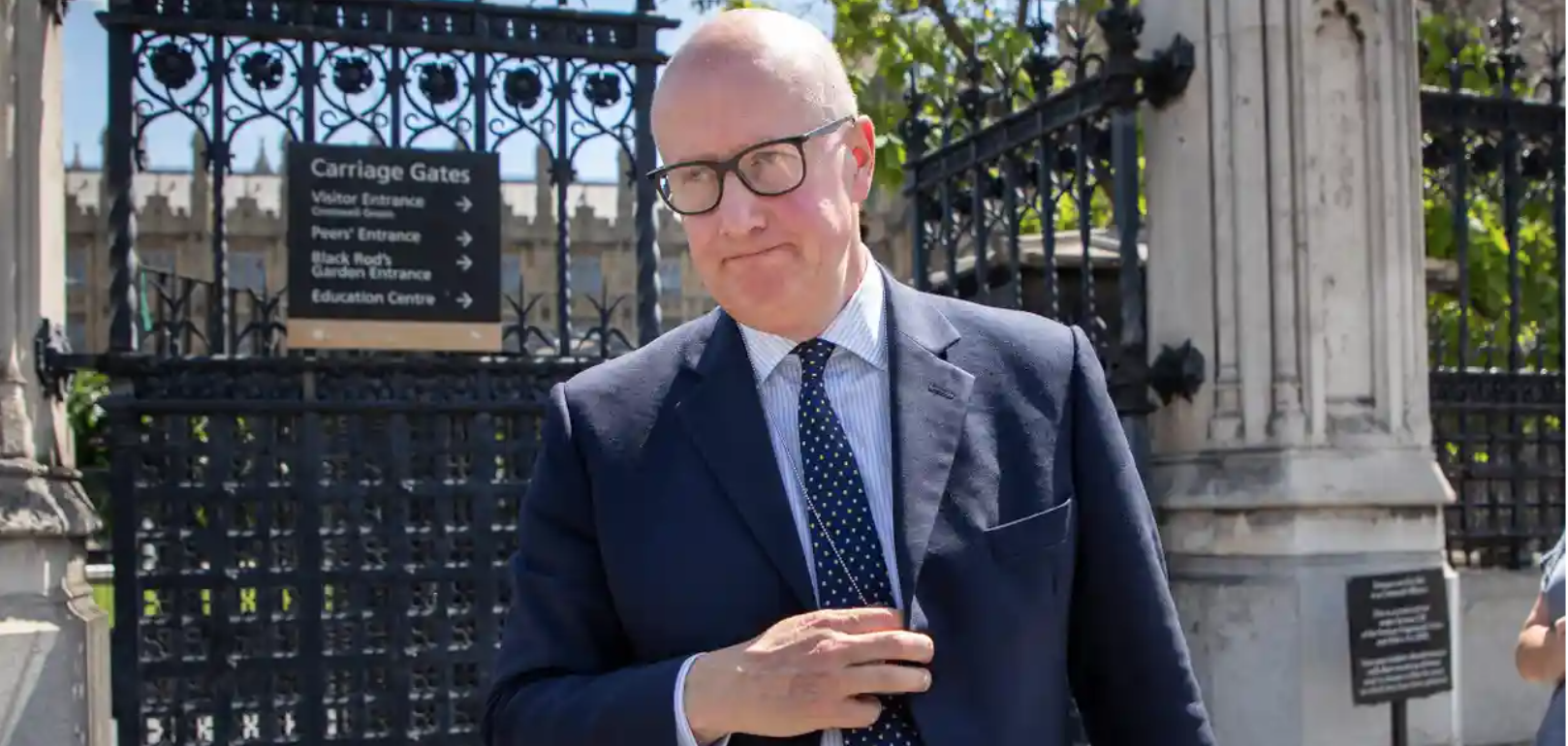


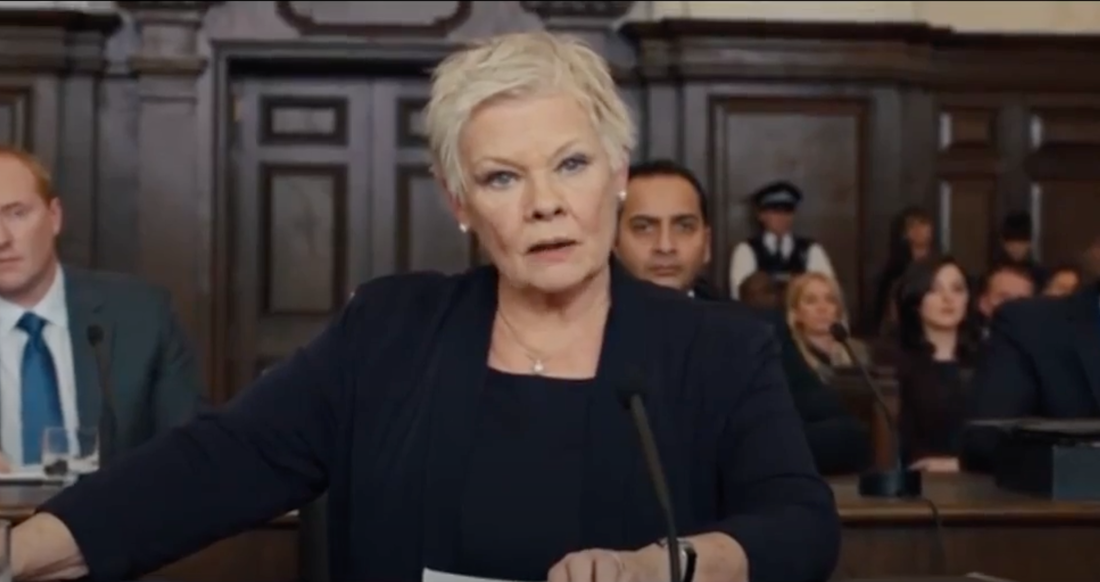
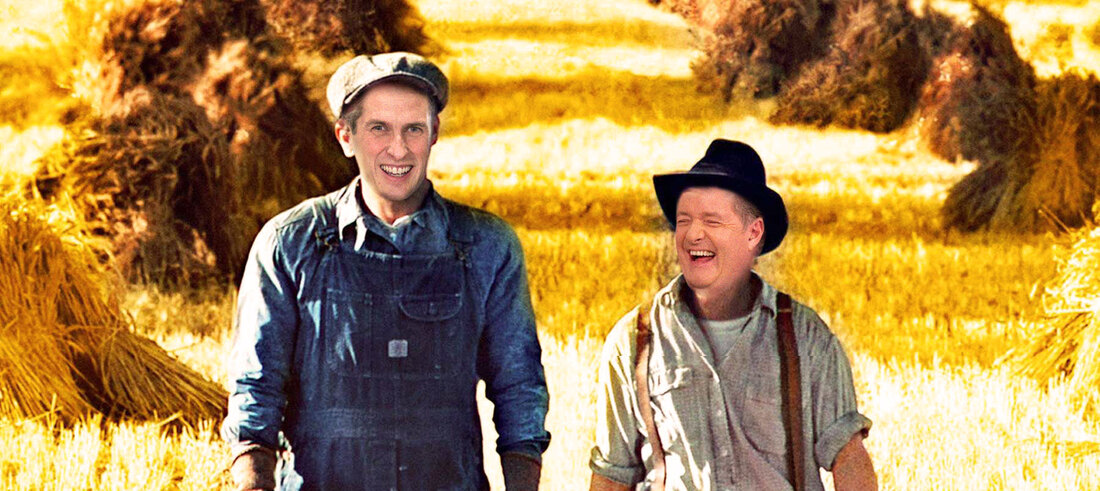


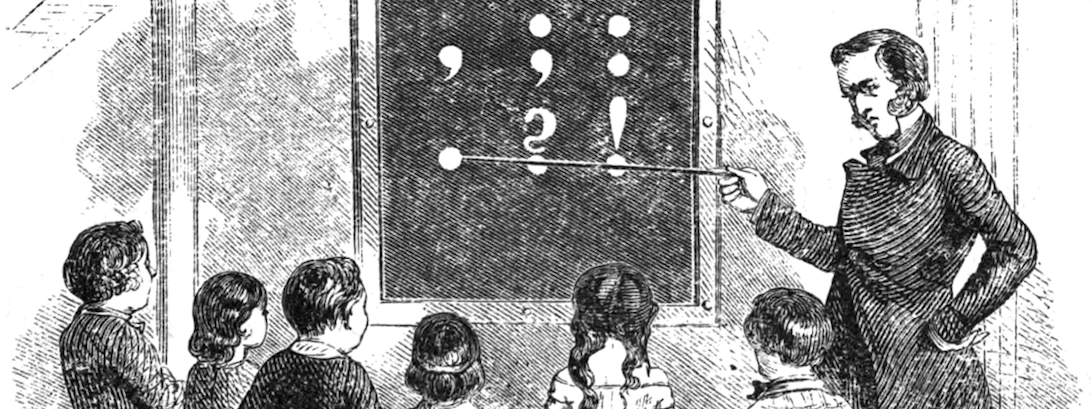
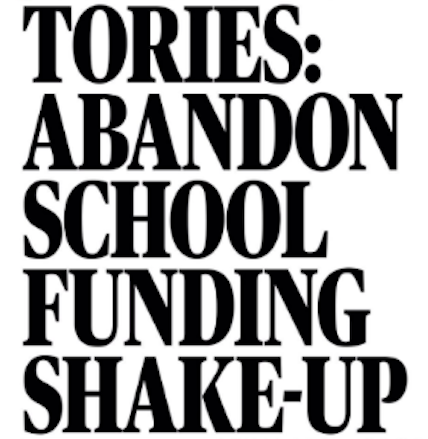
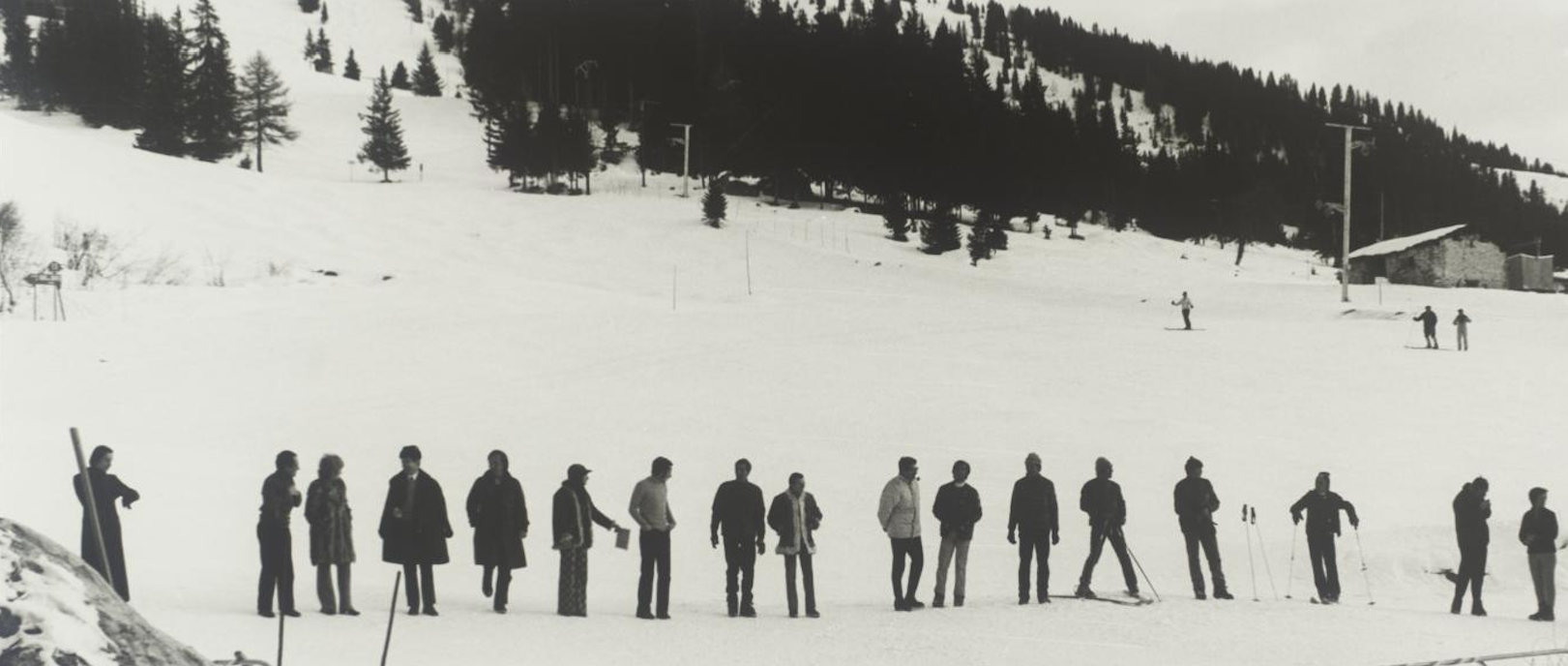

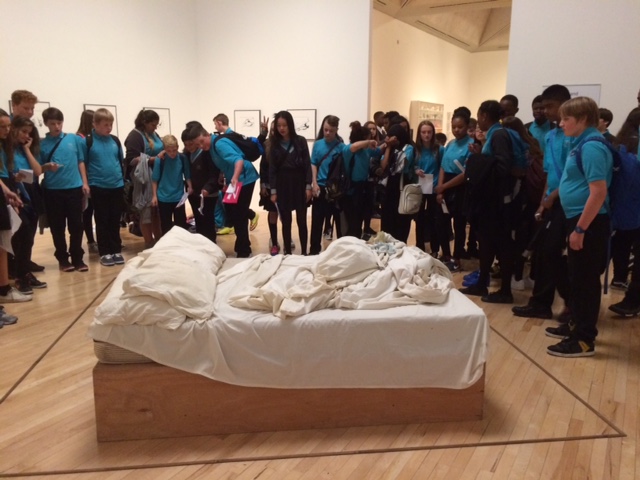

 RSS Feed
RSS Feed